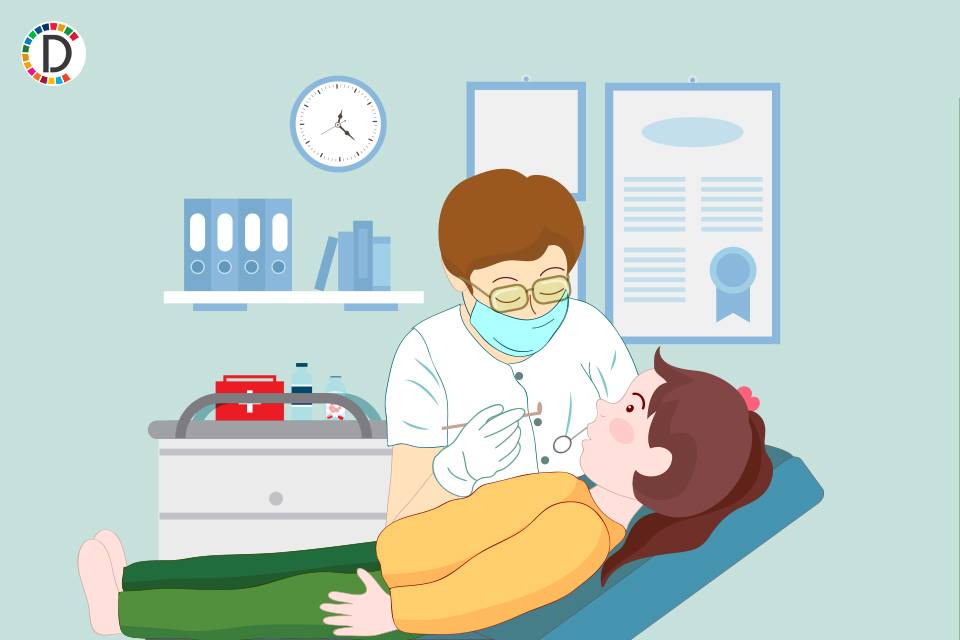New Jersey, New York City scramble to keep virus at bay as U.S. outbreak worsens
New Jersey and New York, which were the hardest-hit states at the outset of the U.S. outbreak, are desperate to preserve the progress they have made in controlling the virus in the face of its resurgence in much of the rest of the country. More than 47,000 people have died from COVID-19 in the two northeastern states, which account for more than a third of the U.S. death toll of 131,336, according to a Reuters tally.

New Jersey on Wednesday adopted one of the toughest coronavirus face mask orders in the country, while New York City unveiled a plan to reopen schools that would have students return to classrooms for two or three days a week. New Jersey and New York, which were the hardest-hit states at the outset of the U.S. outbreak, are desperate to preserve the progress they have made in controlling the virus in the face of its resurgence in much of the rest of the country.
More than 47,000 people have died from COVID-19 in the two northeastern states, which account for more than a third of the U.S. death toll of 131,336, according to a Reuters tally. New Jersey Governor Phil Murphy unveiled an executive order requiring face coverings outdoors where social distancing was not possible, saying the measure was necessary because of a recent rise in the coronavirus transmission rate in the state.
"Wearing a face covering, I remind you, is not about politics. It's about quite simply being sick or healthy. It's about life and death," Murphy, a Democrat, said at a briefing. Many states require use of masks in public indoor areas and recommend they be used outside, but have stopped short of mandating them for use outdoors.
"I think that's the right thing to do," said Jordan Grant, 23, a real estate accountant who expressed dismay that some people in the state were still gathering outside restaurants or at backyard barbecues without masks. "It's safe. It's responsible. It's what we should have been doing months ago." In New York City, Mayor Bill de Blasio announced a plan in which the city's 1.1 million public school students would resume classes in September, alternating weeks in which either two or three days would be spent in school and the other days at home.
"Blended learning simply means at some points in the week you're learning in the classroom, at other points in the week you're learning remotely," de Blasio, a Democrat, said at a briefing. The plan, which requires state approval, also calls for school buildings to be regularly sanitized and for students to wear face coverings and maintain social distancing while in the buildings.
'BACK TO SCHOOL' President Donald Trump, who owns a golf club in Bedminster, New Jersey, has eschewed the idea of wearing a face mask and has exhorted Americans to return to their daily routines since the end of mandatory lockdowns imposed in March and April.
The Republican president, seeking a second White House term in a Nov. 3 election, threatened on Twitter to cut off federal funding to schools that fail to open on their normal schedule due to the coronavirus outbreak. States are responsible for primary and secondary education under the U.S. Constitution, but the federal government provides some supplementary aid.
"It's time for us to get our kids back to school," Vice President Mike Pence said after a White House coronavirus task force meeting at the Department of Education. Pence said the U.S. Centers for Disease Control and Prevention plans to issue new guidelines on schools and stressed the agency's guidelines were not meant to replace local school considerations and decision-making.
Coronavirus cases have risen in 42 of the 50 states, based on a Reuters analysis of data for the past two weeks compared to the previous two-week period, and a higher percentage of people tested positive for the virus in the past week. On Tuesday, the number of confirmed U.S. cases crossed the 3 million mark, roughly equivalent to 1% of the population and about 25% of all cases worldwide, as more states reported record numbers of new infections.
Democratic presidential candidate Joe Biden described the grim milestone as "awful" and "avoidable," accusing Trump in a statement of putting the nation in a uniquely precarious spot by not ramping up testing and deliveries of protective equipment. The surge has forced authorities to backpedal on moves to reopen businesses, such as restaurants and bars, after mandatory lockdowns reduced economic activity to a virtual standstill and put millions of Americans out of work.
It also has spooked health officials who worry hospitals will be inundated with COVID-19 patients, leading to a spike in lives lost. The U.S. death toll rose by 962 on Tuesday, the biggest one-day rise since June 10, according to a Reuters tally. In Arizona, a mere 9% of adult intensive care unit beds remained unoccupied, the state health department said on Wednesday.
Other states, including Texas and Florida, have reported an alarming increase in hospitalizations and patients requiring intensive care. Federal authorities have responded to an increased demand for coronavirus testing by adding short-term "surge" testing sites in three metropolitan areas in Florida, Louisiana and Texas.
Phoenix Mayor Kate Gallego told CNN on Wednesday that her city faced a dire situation and needed reinforcements, including a surge in testing capabilities. "We have a huge testing shortage," she said.
(This story has not been edited by Devdiscourse staff and is auto-generated from a syndicated feed.)
ALSO READ
Abortion rights activists rally in Florida as issue moves to center of U.S. election
Bob Graham, Former US Senator and Florida Governor, Passes Away at Age 87
In Florida, Biden to blame Trump for abortion ban
Trump to blame for abortion 'nightmare,' Biden says in Florida
Biden to Condemn Florida's 6-Week Abortion Ban, Focusing on Upcoming Election










